Despite progress, unsafe abortion persists
After liberalizing Ethiopia’s abortion law in 2005, the government implemented programs designed to train health-care providers, to equip facilities and expand the services they offer, and to integrate abortion care into broader reproductive health services. These efforts have resulted in significant improvements in access to abortion and postabortion care in the country. Although many procedures continue to occur outside health facilities, often under unsafe conditions, the share of abortions that took place in health facilities nearly doubled between 2008 and 2014, according to a national study by the Guttmacher Institute and Ipas, in collaboration with the Ethiopian Society of Obstetricians and Gynecologists and the Ethiopian Public Health Association, and in conjunction with Ethiopia’s Federal Ministry of Health.
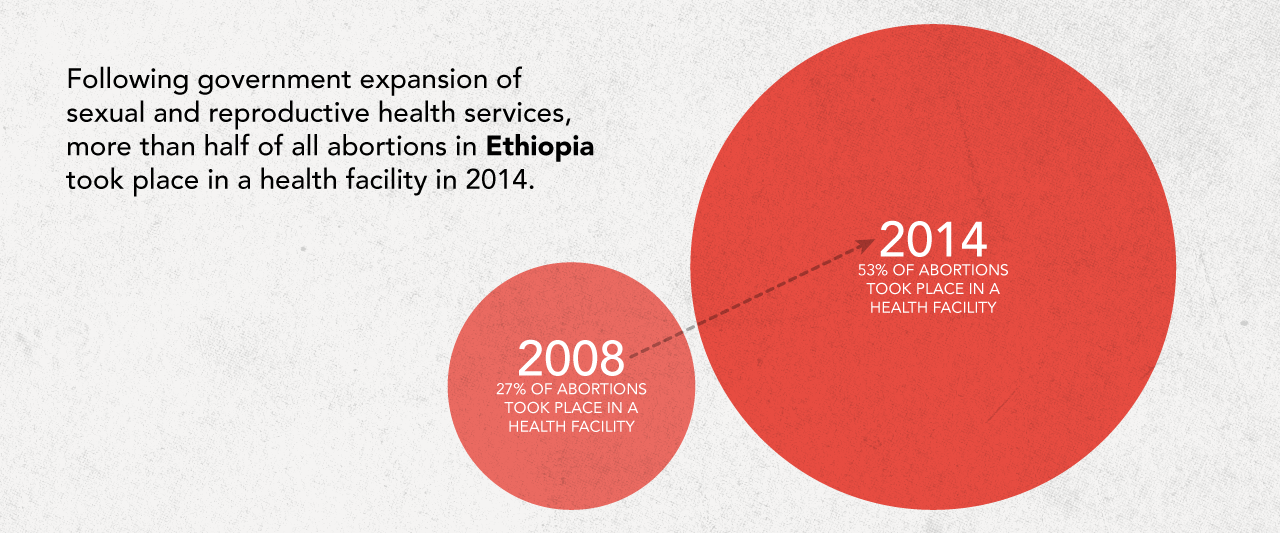
Following government expansion of sexual and reproductive health services, more than half of all abortions in Ethiopia took place in health facility in 2014.
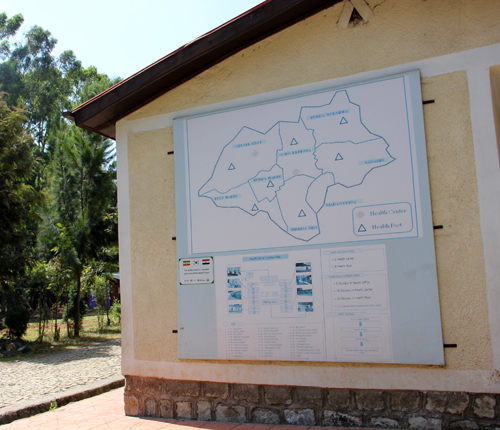
Holeta Clinic, a public health facility with 18 staff people, roughly 30 kilometers outside Ethiopia’s capital, Addis Ababa.
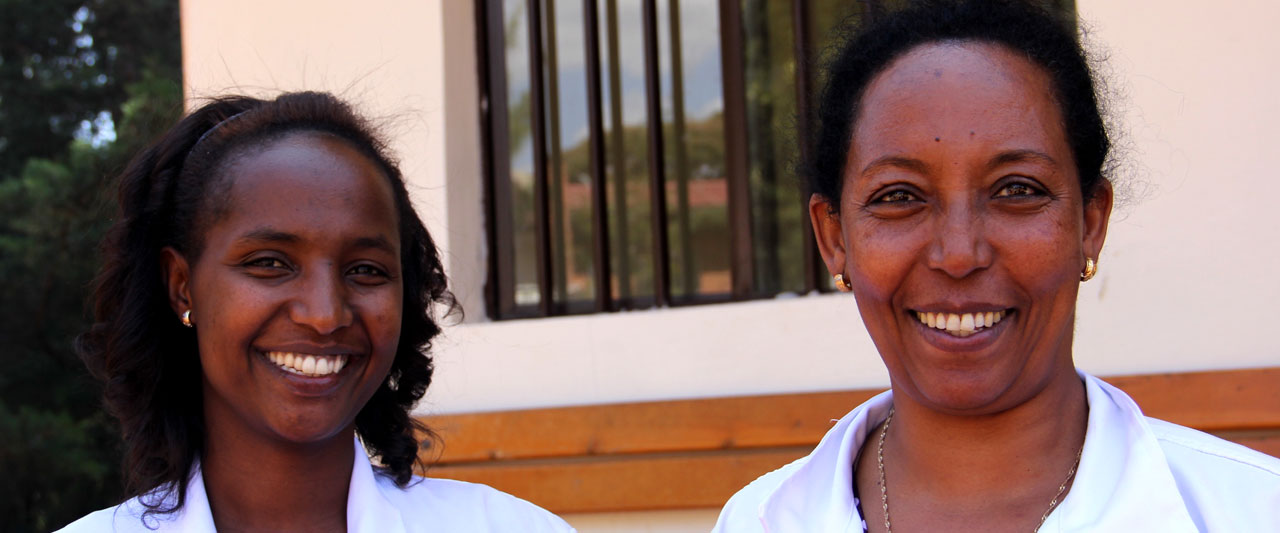
Holeta Clinic Director Almaz Lema (left) and family planning nurse Yeshi Mekonen (right) –two frontline providers in Ethiopia’s expansion of safe abortion.
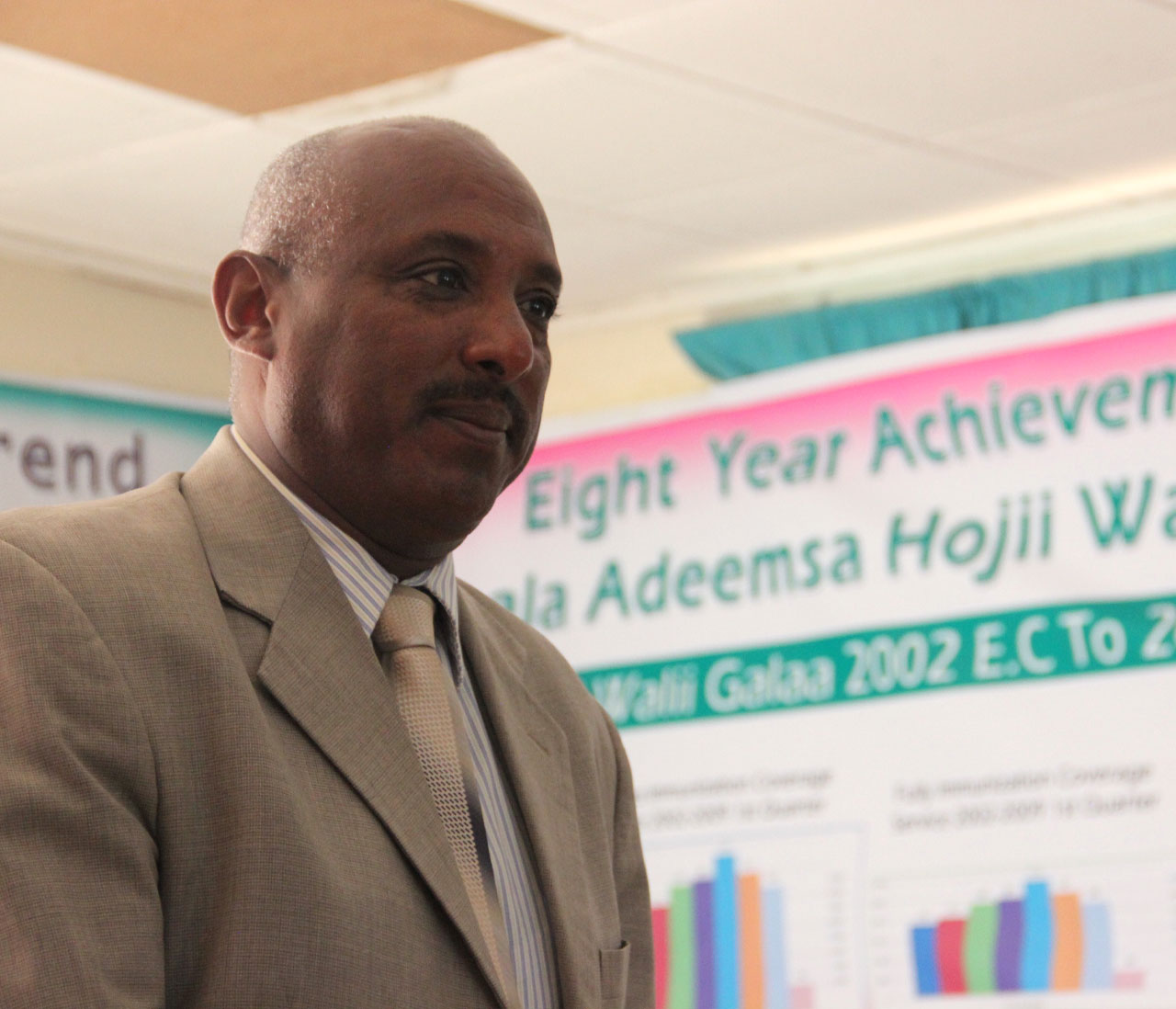
Alemayehu Molla of Ipas Ethiopia works closely with health-care workers in many public facilities, including Holeta Clinic.
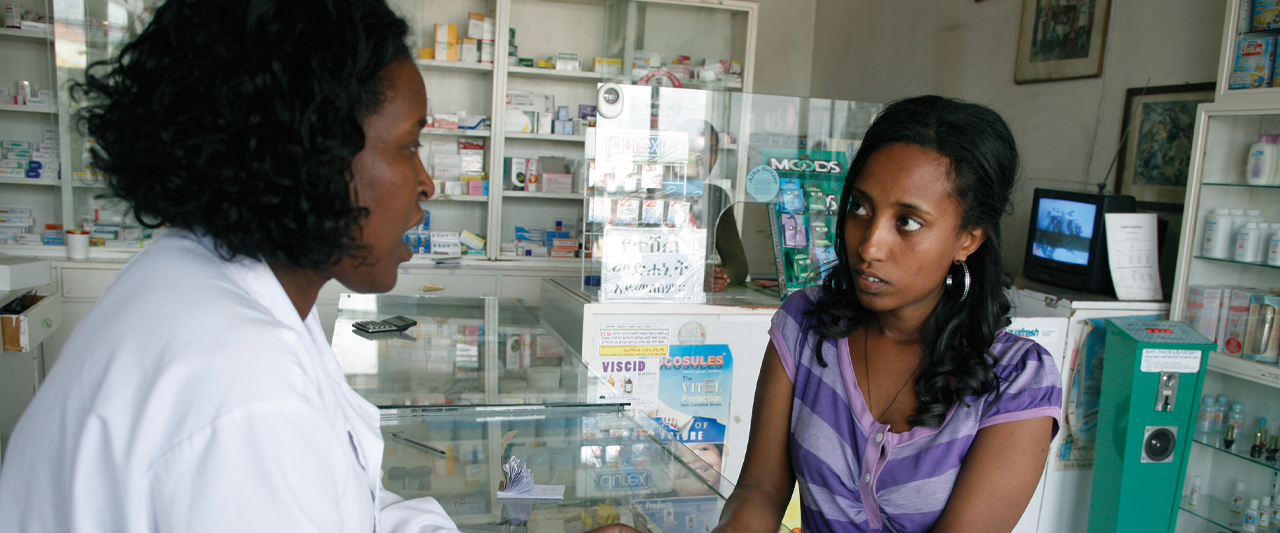
In 2014, medical abortion accounted for 36 percent of induced abortions in the country.
Postabortion contraceptive care
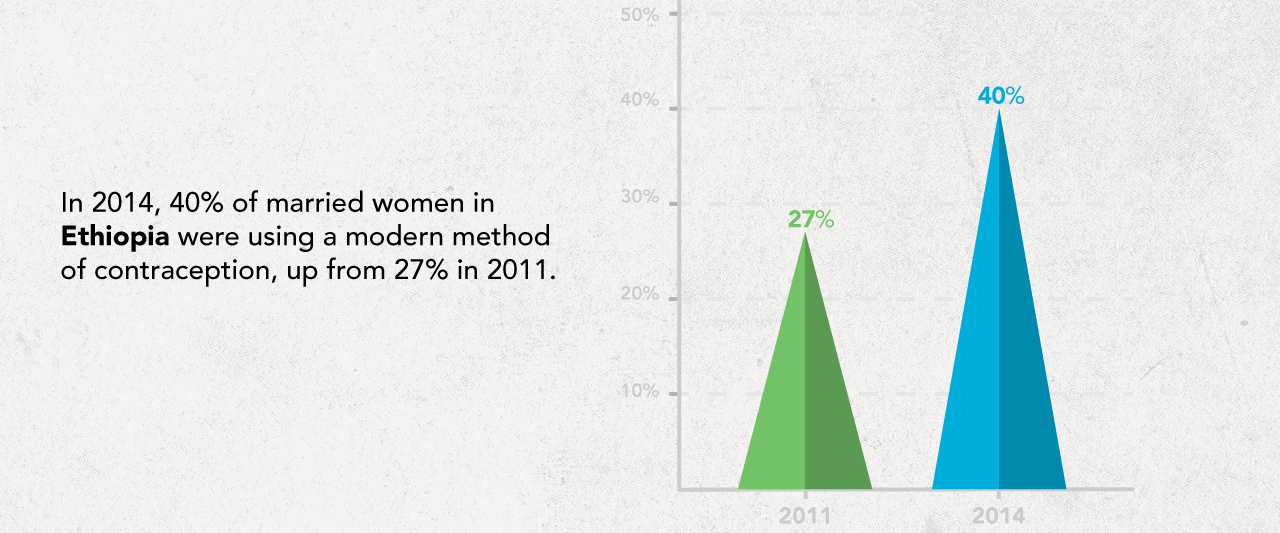
In 2014, 40% of married women in Ethiopia were using a modern method of contraception, up from 27% in 2011.
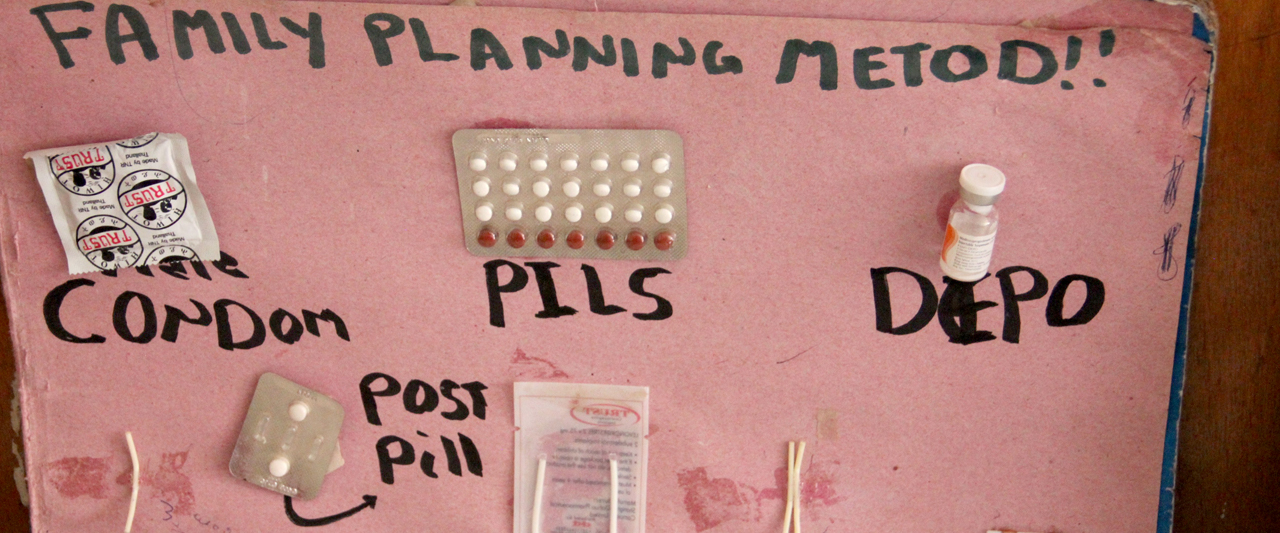
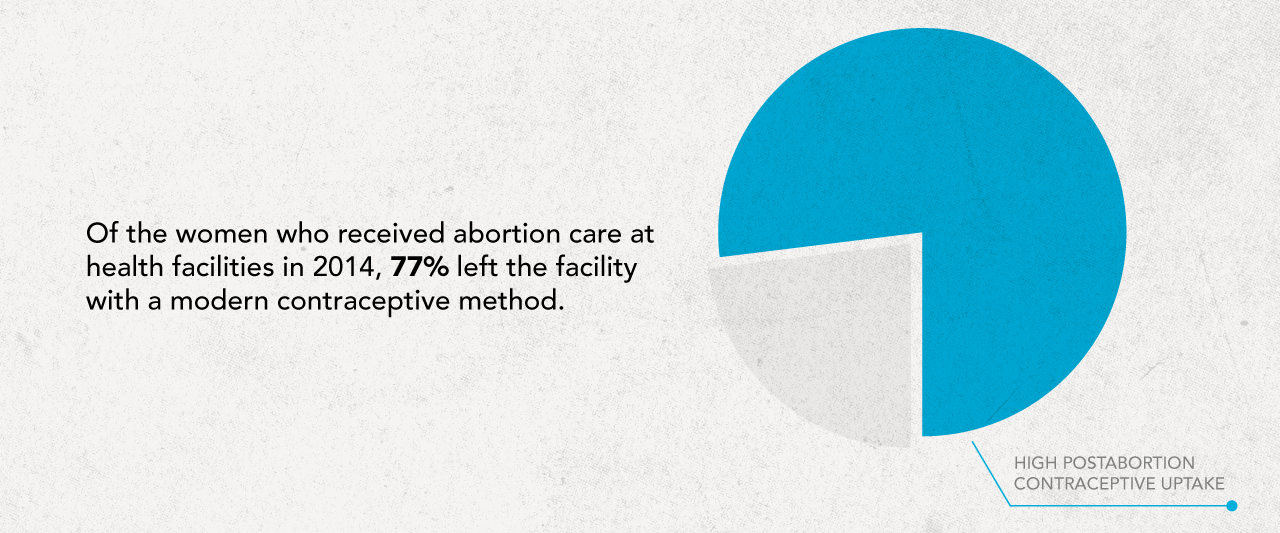
Of the women who received abortion care at health facilities in 2014, 77% left the facility with a modern contraceptive method.
Looking to the future
Roughly 10 years since law reform and implementation, the country has made significant progress in improving access to safe abortion services, but additional improvements are still necessary. Despite advances, 47 percent of abortions took place outside of health facilities in 2014. And 19 percent of women seeking postabortion care that year had complications severe enough to warrant hospitalization. The study’s authors point to continued focus on postabortion contraceptive counseling as an effective way to reduce unintended pregnancy and unsafe abortion.
“Access to safe abortion care has improved, yet many women continue to have unsafe abortions outside of health facilities,” says Tamara Fetters, Ipas researcher and co-author of the study. “Despite government efforts, some women don’t know that safe abortion services are available, or they may fear the stigma associated with abortion.”
Read the full articles:
Read the fact sheet on the study
For more information, contact [email protected].


